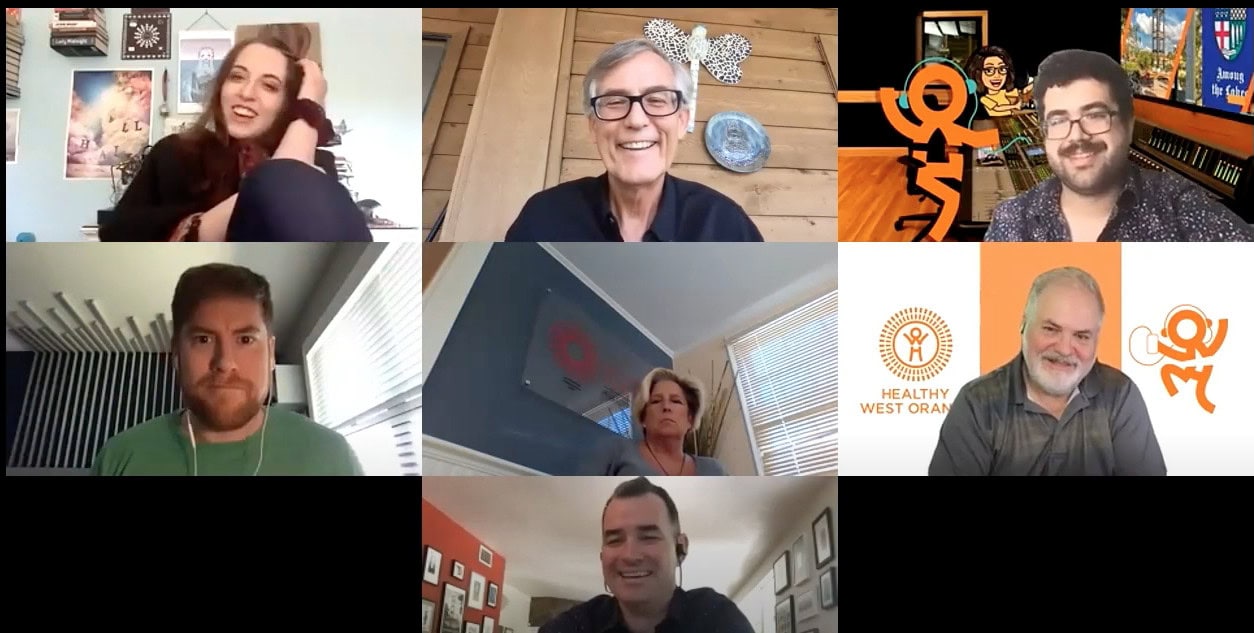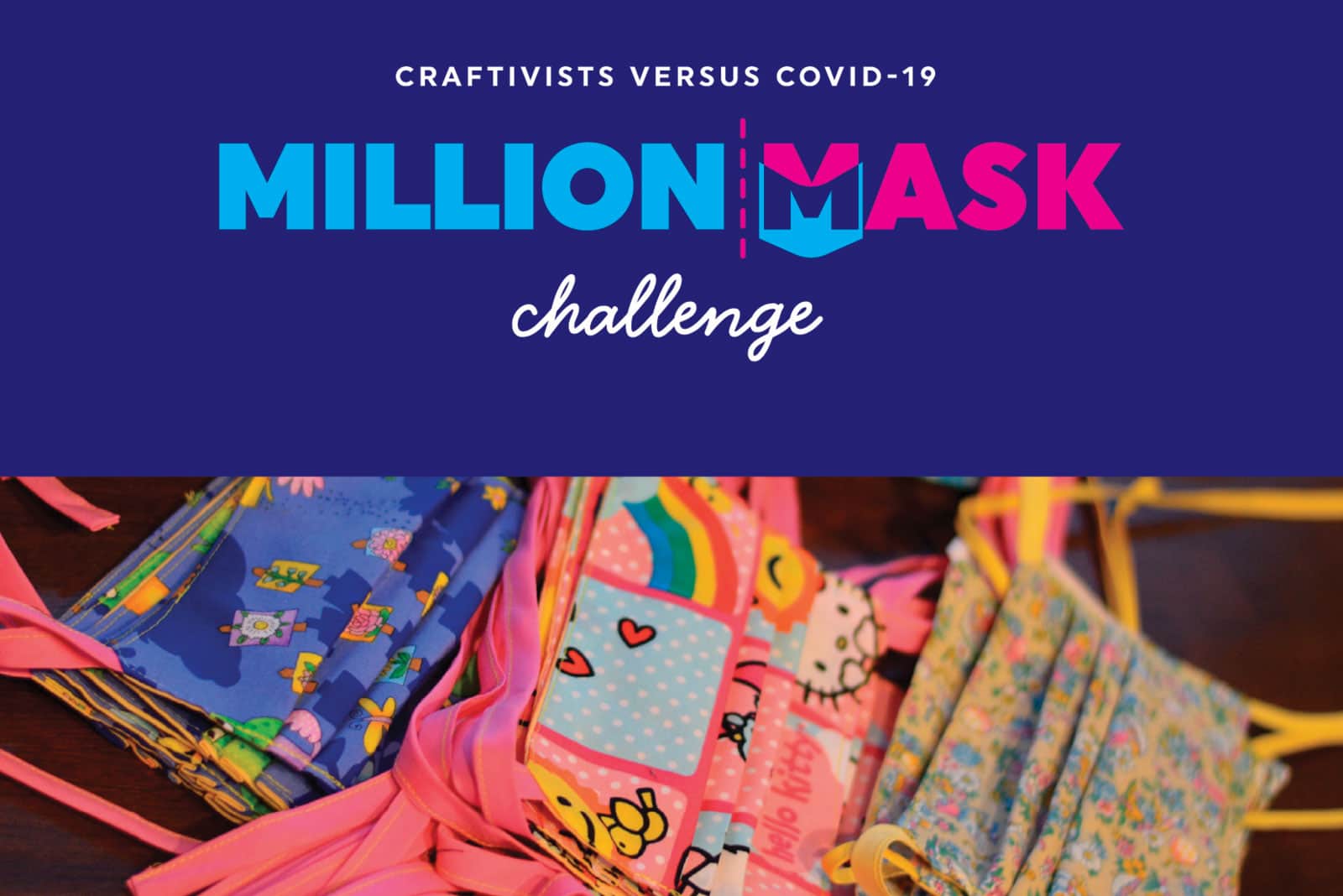Be More Than Your Job
By Bob Allen
Originally posted on the Forbes website by Beverly Schwartz, VP Ashoka Marketing and author of Rippling: How Social Entrepreneurs Spread Innovation Throughout the World:
A recent post by David Shaywitz discussed the difference between “jobbers” and entrepreneurs. He said that jobbers “work not for enlightenment, a higher purpose, or to change the world, but because they enjoy the satisfaction of completing tasks and getting paid a fair salary for delivering consistently and reliably. Entrepreneurs, on the other hand, imagine a new vision, design it, and break through walls to make it happen.”
The difference between jobbers and entrepreneurs is often described as an either/or mentality, but it’s the nebulous middle ground that intrigues me. In my world at Ashoka it’s not either/or, but both and more. It is often from the ranks of “jobbers” that the social entrepreneurs we know and love are launched.
I recently wrote a book about the role of societal changemakers and the important function they perform in the world of social innovation and social change. Since I work with some of the world’s leading social entrepreneurs on a daily basis, I am always wondering why only a small portion of the world’s population can turn what is, and what if, into what can be. Who are those people, and what makes them tick?
Many of the first-rate social entrepreneurs I interviewed for my book had “normal” pedestrian beginnings like most of us. I met a truck driver, a housewife, a corporate banker, an IT manager, a seminary student, an educator, a social worker, a widow, a security guard, and a student activist. In addition, the changemakers who work alongside those social entrepreneurs and help fortify, scale and sustain their vision also come from the ranks of jobbers and unconventional members of society: single mothers, farmers, small business owners, factory workers, waste recyclers, corporate executives, street children and government officials.
And more and more of them are defining themselves by who they are — rather than what they do. Case in point: Chapter 5 of my book, “Rippling,” portrays Albina Ruiz, a Peruvian engineer who started Grupo Ciudad Saludable. Instead of building bridges and other structures, Ruiz chose to use her expertise to tackle garbage collection issues that were plaguing the slum areas of Lima for years. She is now a very self-satisfied engineer who feels like she is using her profession to change thousands of lives for the better.
It is sometimes the jobbers who refuse to accept the status quo. They become critical of conventional wisdom and decide it’s time to create a new reality. People of varying backgrounds, educational experience, and socio-economic levels can and do turn dreams into reality. America is a big place, and it’s big enough to make room for new lifestyle combinations and hybrid models of all shapes and sizes. Whether you live to work or work to live; no matter what societal role you decide to pursue, it’s the “who” rather than the “what” that helps to determine your path.
To follow your own unique direction, consider:
- Jobbers, innovators and entrepreneurs come from all backgrounds and you don’t have to choose either/or — it can be both and more.
- Define yourself more by who you are than what you do — those are not mutually exclusive concepts.
There’s then, there’s now and there’s from now on. It’s never too late to integrate your head with your heart – where you end up may surprise you! To quote Ashoka Fellow Francois Marty (a former French truck driver turned social entrepreneur), “When you invest in human value, there are never any taxes; you come out richer no matter what happens, and when you speak with your soul, everyone can understand everything.”
Click HERE to read the entire article from the Forbes website.


